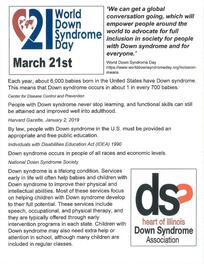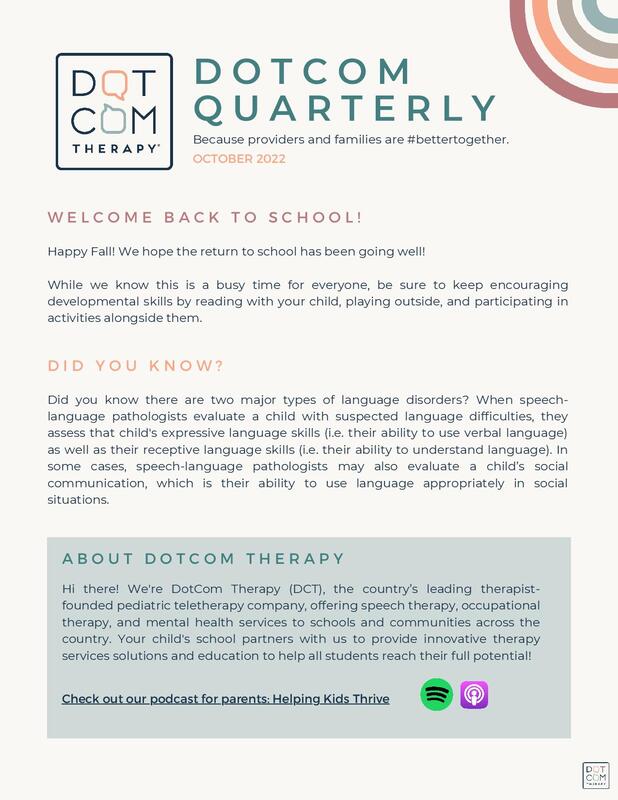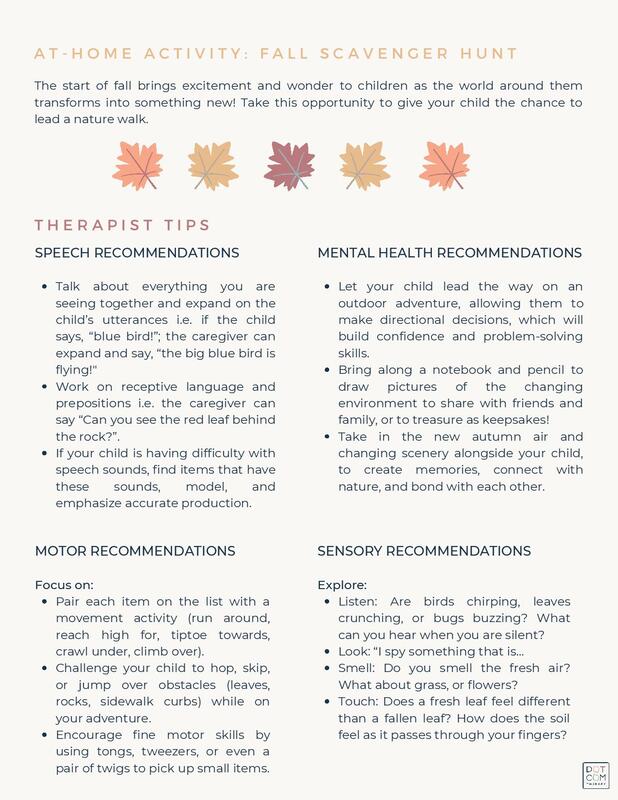|
Purpose:
The purpose of special education is to provide a free, appropriate public education (FAPE) in the least restrictive environment (LRE) for students with special needs. Special education classes exist to teach each student at his or her ability levels, even if those levels are lower than the student’s current grade level. Types of Disabilities: There are many types of disabilities delineated in special education law. They include: Intellectual Disability, Physical Impairment, Specific Learning Disability, Visual Impairment, Hearing Impairment, Deafness, Deaf/Blind, Speech/Language Impaired, Emotional Disability, Other Health Impairment, Multiple Disabilities, Developmentally Delayed, Autism, and Traumatic Brain Injury. Since the definitions of these disability categories are subject to change by the government, the reader is encouraged to visit the web site for the Illinois State Board of Education for current information. Referral Process: The referral process starts with the parent and/or school personnel noticing a potential problem with a student. A parent may fill out referral forms (available at the school office) independently or in conjunction with the child’s teacher. If the district believes the referral is appropriate, the teacher and the principal will sign the referral form. A domain meeting will be held to discuss eight different areas to see if they are relevant to the referral, how much we know about the child in each area, whether we need to do testing in one or more of the areas, what tests we will use, and who will gather the information. Areas to be examined ar: Academic, Functional Performance, Cognitive, Communication, Health, Hearing/Vision, Motor (fine/gross) and Social/Emotional. The parent should participate in this meeting, either in person or over the phone. Other participants include the teacher, school psychologist, school social worker and, possibly, others. After the meeting, the parent must sign (especially for an initial) granting permission to do the evaluation and agreement with the assessments to be conducted. Testing cannot be started without parental consent for initial evaluations.. When all of the information has been gathered (within 60 school days), a meeting, involving the parent and school personnel, is held to go over the results and determine if the child is eligible for special education services. If the student meets the criteria for eligibility needing special education services, the group will then become an IEP team and develop an IEP (Individualized Education Plan) to help remediate difficulties the student is having. The IEP consists of the following pages: Present Levels of Academic and Functional Performance, Goals, Accommodations, Assessments, and Educational Services/Placement which describes how many minutes of services per week the student will receive, and where those services will be provided. Once the parent signs the paperwork placing their child into Special Education, the plan may go into effect, without parent consent on initial placement, their child cannot receive special education services. The IEP team meets at least once per year. Every three years, the child has to be reevaluated to see if he or she is still eligible for special education services. IEP: The IEP team must meet annually review the progress of each special education student. At this meeting, progress from the current school year is reviewed and a plan for the next school year is developed. Once the team concurs with the new IEP, it is put in place. Any page within an IEP can be amended with concurrence of the parent. Parents may request an IEP meeting, but the district has the right to deny this request and the meeting, as with all meetings for special education, must be mutually agreed upon by the district and the parent. Parental Rights: At least yearly, and more often if requested by the parent, the special education office sends out a copy of a document furnished by the Illinois State Board of Education. Commonly referred to as Parent Rights, it is called an Explanation of Procedural Safeguards. Logs:
If your child is receiving a related service (Related services for which a log must be made are: speech and language services, occupational therapy services, physical therapy services, school social work services, school counseling services, school psychology services, and school nursing services) as part of his/her IEP, that provider must keep a service log. It is you right to request that service log. You can request the log by either contacting the service provider directly or contacting the special education office. |
Contact InformationRelated Links |





